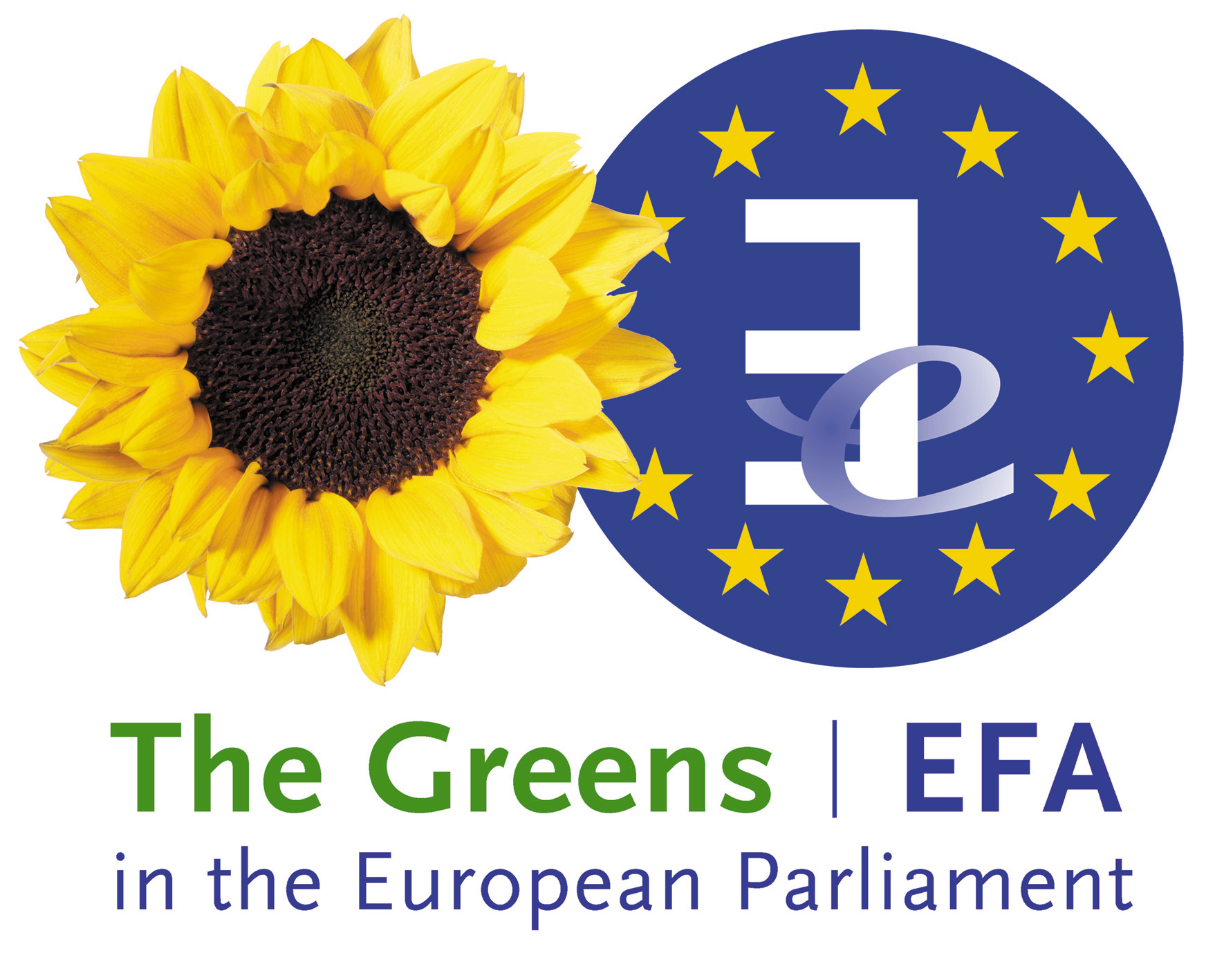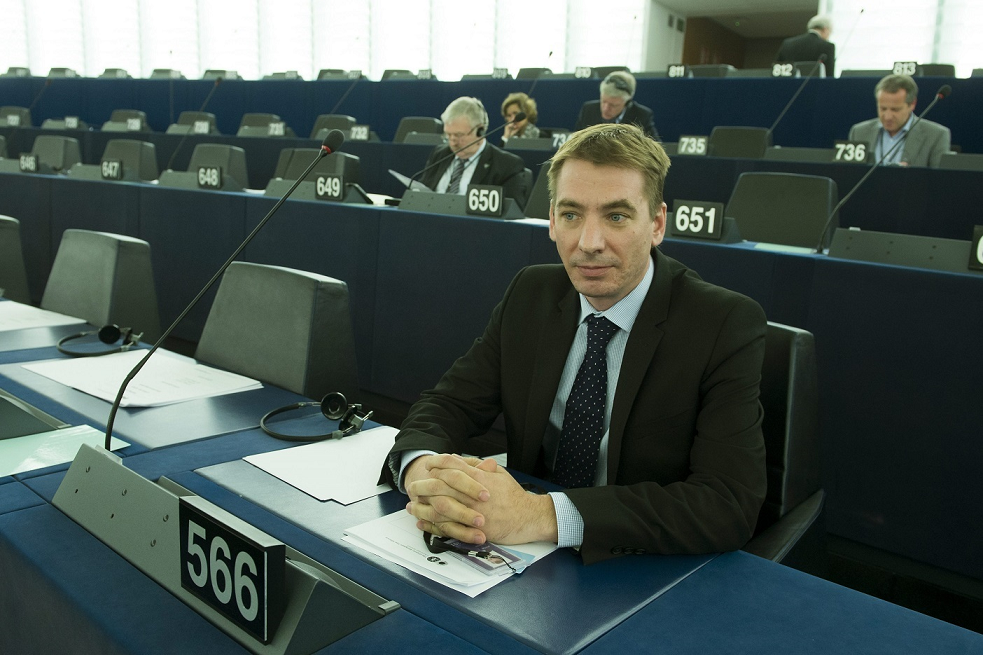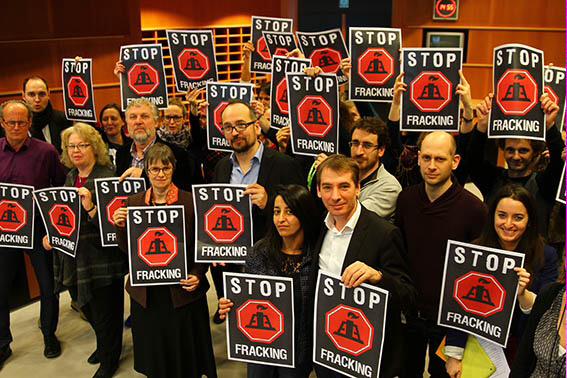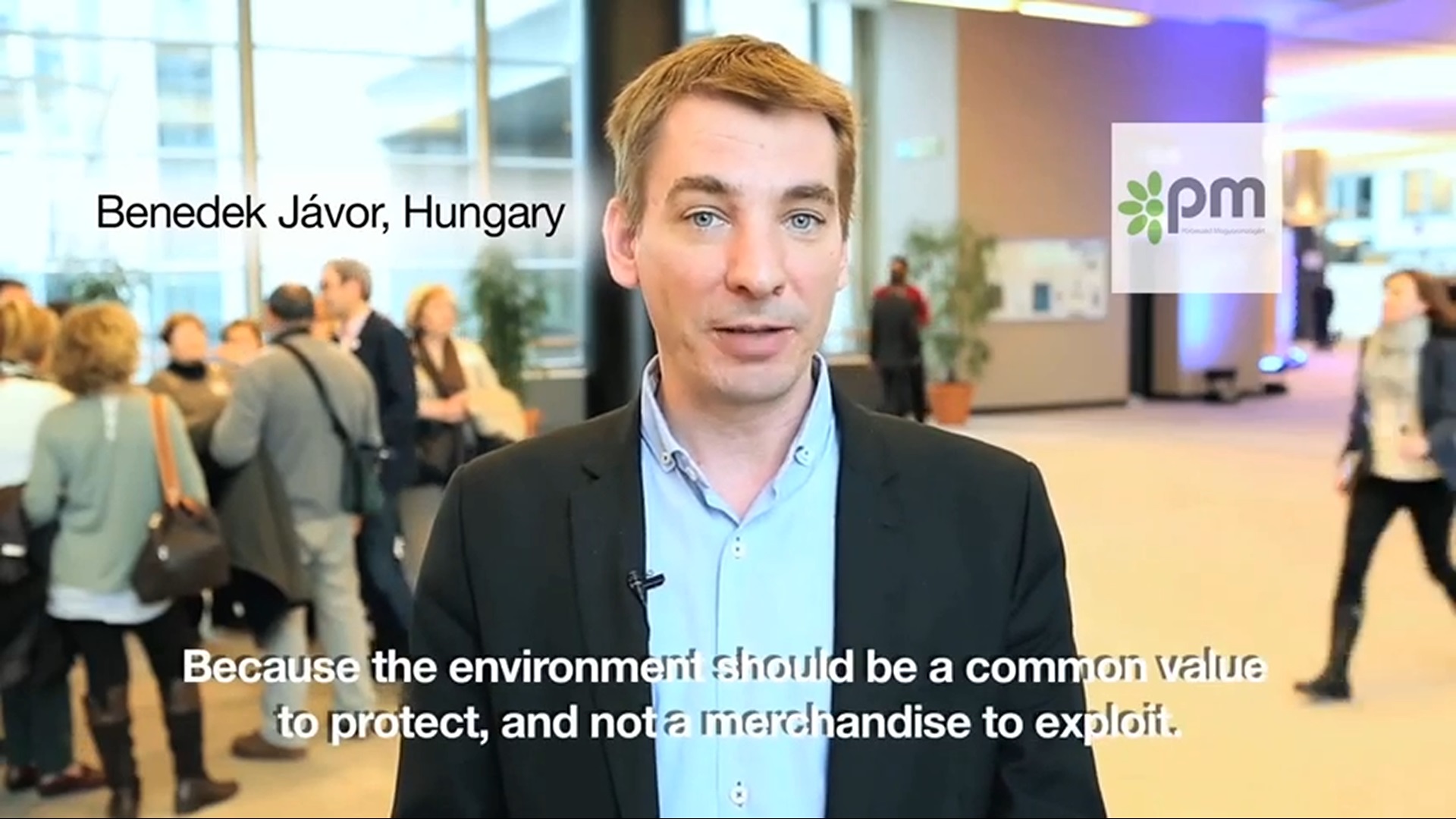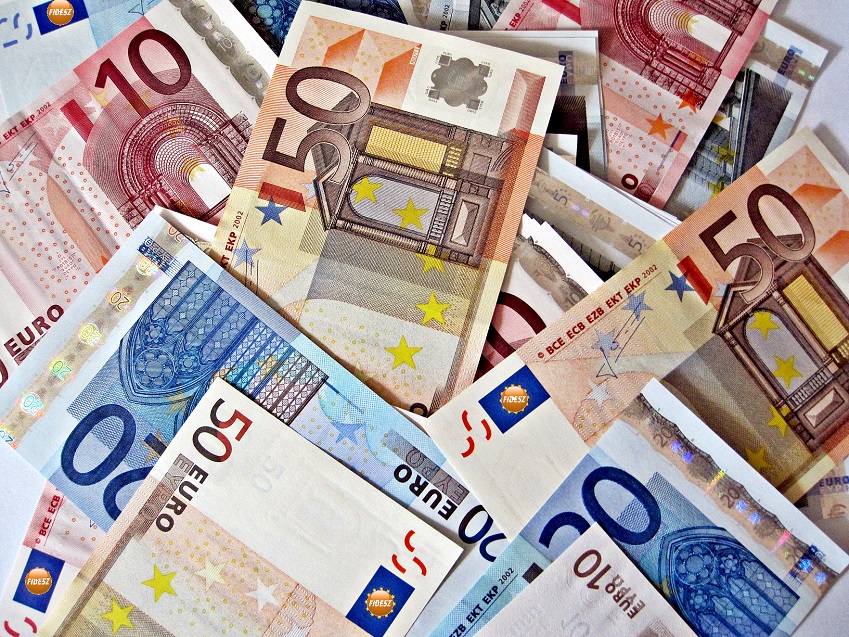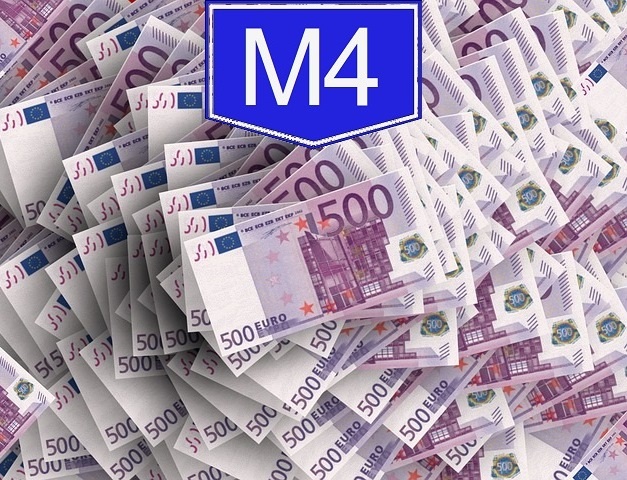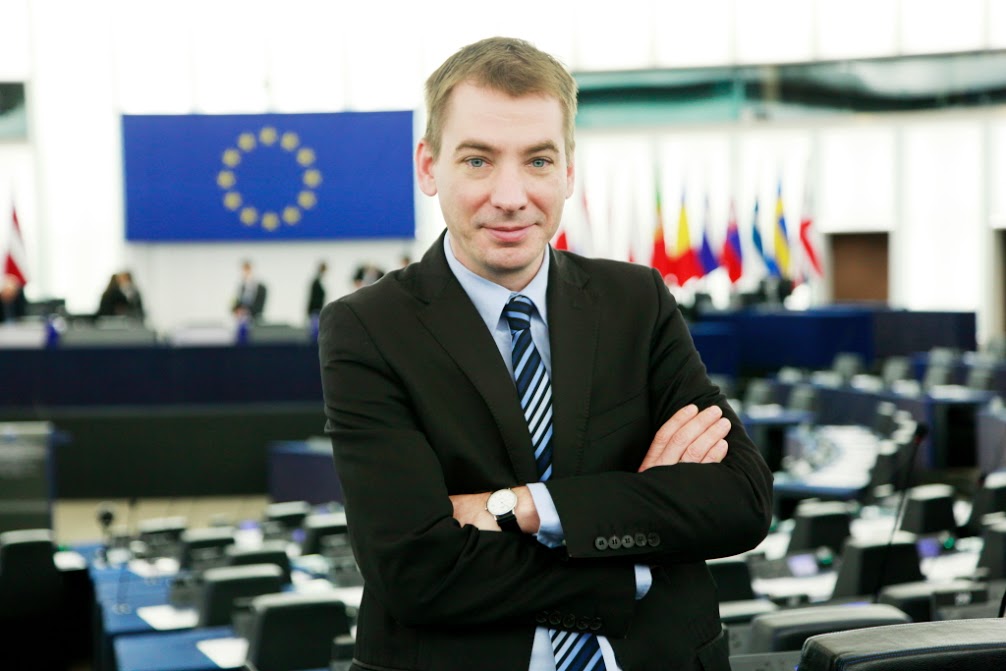Benedek Jávor’s article on Europe’s World:
Biodiversity is not high enough on the political agenda, despite the fact that trends recently reported are almost entirely negative. The European Environment Agency’s 2015 State of the Environment Report confirms that Europe’s natural capital is not yet being protected, conserved and enhanced in line with the ambitions of the 7th Environment Action Programme. Longer-term trends are especially alarming. Challenges such as the loss of soil functions, land degradation and climate change continue to threaten the ecosystem services that underpin economic activities and wellbeing.
On the global scale, we are experiencing an enormous loss of diversity with the ever-growing rate of species extinction. As the UN warns in its Global Biodiversity Outlook, several ecosystems are approaching a ‘tipping point’ and if current trends continue, we may see them never recover.
Europe is not on track to meet its overall target of halting biodiversity loss and the degradation of ecosystem services
As for Europe’s biodiversity, the State of the Nature report freshly launched by the European Commission stresses that it continues to be eroded due to cumulative pressures. Currently, a large proportion of protected species (60%) and habitat types (77%) in the EU are considered to be in unfavourable conservation status, and a significant share of previously unfavourable assessments have deteriorated further. The status of species and habitats depending on agricultural and forestry ecosystems are especially worrying.
The report also confirms that Europe is not on track to meet its overall target of halting biodiversity loss and the degradation of ecosystem services by 2020, even though some more specific targets are being met. Improvements are basically limited to local or regional level, and have not yet scaled up to European level.
I am nevertheless convinced that the EU 2020 Biodiversity Strategy and the two nature directives – the Birds and Habitats Directives – play a central role in the EU’s biodiversity and nature conservation policies; if implemented well and effectively, they provide a very useful framework and effective solutions for biodiversity and nature protection.
The European Commission is currently working on an in-depth evaluation of the nature directives with a possibility to review or even revise them in 2016 – the former mainly resulting in changes to the annexes, the latter bringing more substantial changes. The mid-term review of the EU 2020 Biodiversity Strategy is also coming this year. I see much risk inherent in these processes. As the initial reactions of stakeholders indicate, we can expect very different interests to be clashing here.
To achieve the EU’s main biodiversity targets, no weakening of the nature directives is acceptable
And with European Commission President Jean-Claude Juncker’s words about ‘business-friendly’ legislation and cutting ‘green tape’ in mind, I fear that the Commission will not necessarily focus on correcting the malfunctioning bits of legislation as well as providing and enabling a framework for improved implementation. However, several case studies and assessments clearly point out that this is exactly what is much needed. Scientific evidence shows that the natural directives are not obstacles to sustainable economic development. The economic benefits from only the Natura 2000 network, created by the Habitats Directive, have been estimated in the order of €200-300bn a year, while the annual costs associated with managing and protecting the network are approximately €5.8bn.
The nature directives are recognised worldwide and have already contributed substantially to short-term improvements in the status of specific species and habitats. Besides, they can bring substantial benefits in the longer run both in social and economic terms.
Thus, any changes to the directives have to be done with extreme care, not allowing industrial and economic lobbying forces to dilute important elements of the legislation such as by the broader use of exemptions or any other flexibility mechanisms or the biased application of the concept of biodiversity offsetting.
To achieve the EU’s main biodiversity targets, no weakening of the nature directives is acceptable. The European Commission and member states should instead put more effort into enforcing and implementing them as well as upscaling effective measures. These measures should be taken immediately, encompassing the creation of connected and ecologically coherent networks of protected areas (green infrastructure), the proper management of these sites with a focus on species, habitats and ecosystems as well as the integration of biodiversity concerns in various fields and sectors including agriculture, fisheries, forestry, transport and industry to reduce the pressures on biodiversity.
Together with fellow MEPs, I will keep an eye on the Commission’s plans and actions deriving from the evaluation of the nature directives and make sure there are no backward steps in biodiversity protection and nature conservation in Europe, but rather that we live up to our legacy and step up our efforts.


